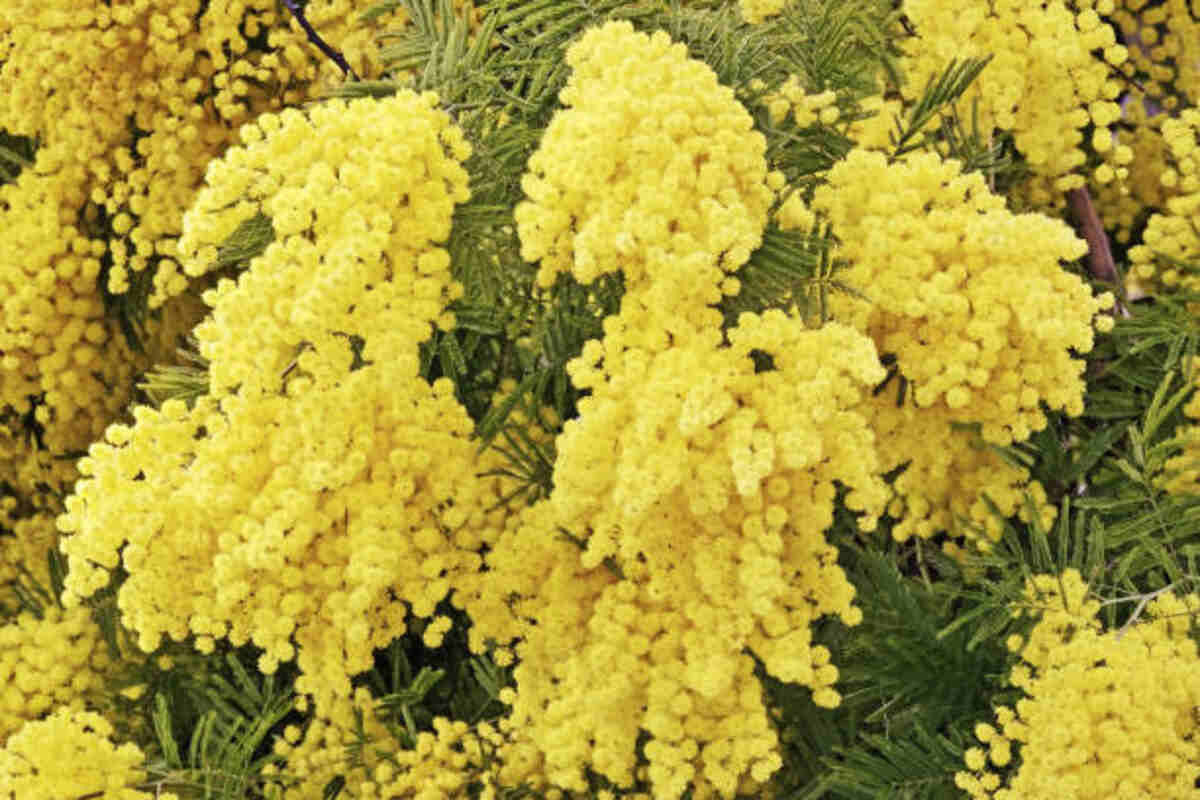Goldenrod blooms across Kentucky’s countryside each fall. It is native to all 50 states and serves as both state flowers of Kentucky and Nebraska and South Carolina’s official state wildflower. Although sometimes blamed for hay fever symptoms, its blooming is caused by ragweed blooming simultaneously with goldenrod.
Goldenrod
Over 100 species of goldenrod (Solidago) are found across North America. Each fall, its golden-hued stems illuminate roadsides and grasslands – yet their season is cut short due to ragweed (Ambrosia spp), leading many people to avoid these lovely wildflowers altogether.
Tall goldenrod (Solidago altissima) is the official state flower of Nebraska and Kentucky, typically growing along roadways but making an excellent garden plant with good soil conditions and ample sun exposure. Reaching six feet tall, its hairy stems feature tiny yellow blooms. Once used as dye material and medicine alike.
Buckley’s goldenrod (Solidago glabratum), also known as blue-stem goldenrod, is South Carolina’s state flower and an ideal addition to wildflower gardens or woodland borders. This attractive plant has willowlike narrow leaves, which gradually become less comprehensive as the plant rises, blooming from August until October.
Goldenrod contains saponins that stimulate digestion, making it a practical herbal digestive aid. Furthermore, its anti-fungal properties make it useful in mouthwashes and sitz baths designed to treat oral or vaginal infections, its styptic properties that stop bleeding caused by scrapes or shaving cuts, and its soothing qualities.
Origins
Kentucky designated the Goldenrod (Solidago gigantea) as its official state flower in 1926. A member of the sunflower family, this bright yellow blossom can be found throughout Kentucky’s meadows, fields, and roadsides throughout late summer through early fall, with blooms seen across all 50 states – its colorful yellow flowers being clustered along its inflorescence or upper stem and featuring long narrow leaves featuring pinnate (spicate) venation patterns that give its name its unique name of “The Goldenrod.”
Lawmakers selected the goldenrod as Kentucky’s state flower in 1926 after garden clubs pressured lawmakers to consider more geographically diverse flowers such as Solidago gigantea. Today, Kentucky state statute doesn’t specify an exact variety; however, state websites identify this goldenrod variety.
Subsequent attempts at replacing Goldenrod with more dignified flowers such as dogwood or redbud met with resistance; male legislators did not want to submit to women and concede defeat; ultimately, these same male lawmakers decided that Goldenrod deserved its status as the state flower.
Blooming Seasons
Goldenrod (Solidago gigantea), an iconic native wildflower found throughout Kentucky and its open fields, stands out as an attractive sight in late summer or early fall along roadsides and open areas. Representing our state’s natural heritage, its blooming season–late summer through early fall–brings an unexpected splash of color to landscapes while drawing pollinators towards it.
Kentucky adopted goldenrod as its state flower in 1926, replacing bluegrass, which had previously been designated. Gardening clubs protested that bluegrass did not adequately represent all parts of Kentucky, and legislators decided on Goldenrod as it has about 30 species throughout its borders.
Goldenrod may sometimes be perceived as an environmental nuisance; however, it plays an essential role in our planet. Not only is it an excellent natural fertilizer and boasts beautiful yellow flowers in autumn that create an eye-catching display, but its nectar source for bees and other pollinators makes this plant invaluable!
Goldenrod plants are wind-pollinated, meaning their seeds are dispersed through the wind. As these wildflowers also have medicinal uses, Native Americans used goldenrod flowers to treat various ailments; today, people can make tea from its leaves to ease headaches and treat other symptoms and diseases.
Symbolism
Each state in the US has its official symbols that symbolize everything that makes it distinct, from trees and birds to mottoes, animals, nicknames, and flowers – Kentucky has adopted the goldenrod as its official flower – representing encouragement and precaution.
Goldenrod is a perennial herb with green stems and yellow flower heads found throughout Kentucky’s mountains and roadsides, blooming during the summer season to reach up to eight feet in height. Additionally, this goldenrod plant can be used medicinally by using its leaves and flowers to treat kidney stones, hay fever, or inflammation.
In 1926, Kentucky officially adopted the goldenrod as its state flower, replacing the trumpet vine as an unofficial state symbol. At first, the Department of War argued for the trumpet vine’s position due to being associated with the state militia; however, due to opposition from the Kentucky Women’s Club (KWC), the goldenrod eventually replaced the trumpet vine as the state flower of Kentucky.
Goldenrod is the state flower of Nebraska and South Carolina and a widely popular wildflower in the Northeast region, commonly referred to as Solidago odora, sweet goldenrod, or common goldenrod. Due to its durability in almost any environment, the goldenrod symbolizes perseverance and strength – becoming a potency symbol.


